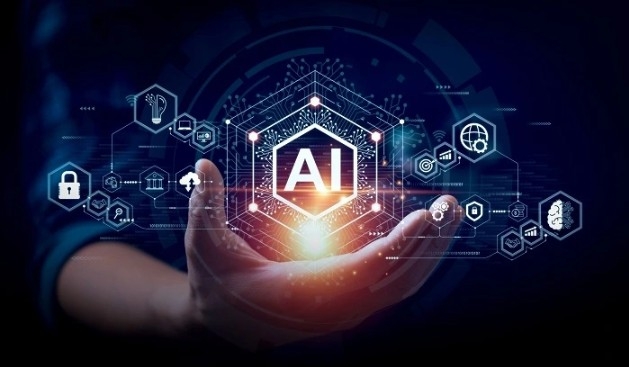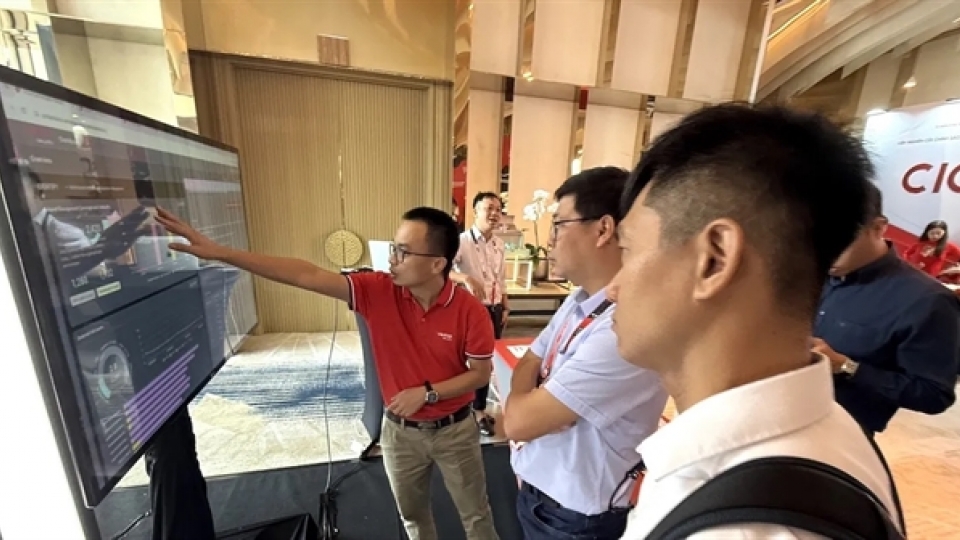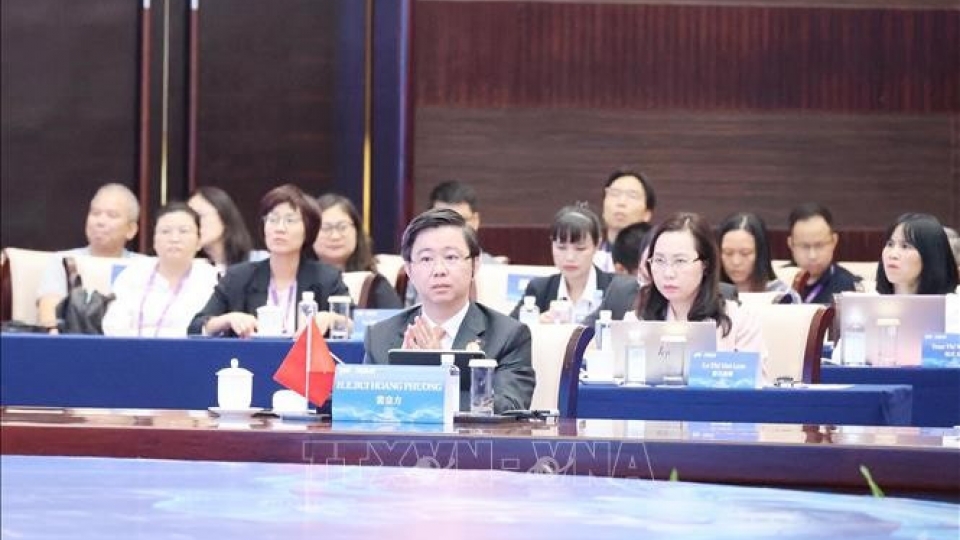Vietnam to update national AI strategy and law by late 2025
VOV.VN - Vietnam is set to release an updated national AI strategy and AI Law by the end of 2025, establishing a legal framework and national vision while positioning AI as a core intelligence infrastructure for the country, serving the people and enhancing national competitiveness.
AI strategy in the new context
Associate Professor Dr. Nguyen Ai Viet, Director of IGNITE Institute and member of the National Advisory Council, said applications like ChatGPT, Gemini, Copilot, and DeepSeek have created technological shocks, while geopolitical and technological competition among nations is intensifying. Vietnam’s AI strategy must be revised, with the AI Law paving the way for data development.
AI is a global endeavor that requires alliances and cooperation, introducing new concepts such as technology diplomacy and data diplomacy. Digital infrastructure and a clear data architecture provide guidance for ministries and agencies to design systems and ensure connectivity. Dr. Nguyen Ai Viet emphasized that the process will face challenges in awareness, habits, system complexity, and data culture, but also presents an opportunity for national intelligence and resilience to shine.
In the same view, Associate Professor Dr. Nguyen Xuan Hoai, Director of the AI Academy, stressed that AI has transformed every industry, reshaped large companies, and generated waves of generative AI for widespread use. He noted that Vietnam’s 2021 AI strategy is now outdated and needs swift updating. AI will become a new production force, with data and knowledge as essential production materials, determining the competitiveness of individuals, organizations, and the nation over the next 10–15 years.
Government to increase AI investment
Minister of Science and Technology Nguyen Manh Hung said AI is no longer just an applied technology but a national infrastructure, comparable to electricity or telecommunications. Vietnam will build a national AI supercomputing center and shared open AI data. AI will be popularized nationwide, doubling social intelligence without increasing population.
The minister emphasized that AI must serve humans, not replace them. While AI is a powerful tool, humans remain the decision-makers. Its development must be fast, safe, and humane, with AI acting as an assistant supporting human thinking, values, and responsibility.
At the first National Congress for 2025–2030 held in March, General Secretary To Lam stressed that data has become a critical production resource and a new energy for the digital economy. Countries that seize the opportunity will leap forward, while those that miss it risk falling behind.





